At 4.30pm on a dreary spring Saturday, pubs across Fife are awaiting the evening rush.
But while revellers gear up for a night on the town, one former regular cuts a striking figure down the path to the Pittenweem tidal pool, opting for a bracing swim in 6C water over boozing tonight.
Leven-based mum Lisa Henry is the organiser of ‘sober and sober-curious’ swims in the East Neuk of Fife, where she invites people who don’t drink to dip and spend time together.
And despite the steely skies and cutting cold, the 42-year-old insists she’d “choose this dip over being drunk” any day of the week.
So with the wind threatening to whip our hats from our heads, I follow Lisa into the pool to see for myself why she’s swapped beer goggles for a bikini.
We’re in for five to 10 minutes, splashing and sliding about.
It’s what I expected, as a keen wild swimmer myself: freezing, refreshing and exhilarating. Good clean fun, on the rocks please bartender.
And it would be easy to say that the natural high from cold water immersion beats the hazy hilarity of one too many, and call it a day.
But for Lisa, sober swims go deeper than searching for a buzz. The swimming is beside the point, she explains. The real purpose of her swims is community.
Drinking buddies – a lost community?
“Wild swimming is about wanting to get together with like-minded sober people and looking for socialising that doesn’t revolve around alcohol,” says the former diving instructor, who hails from Fife but spent several years working in Australia.
“It would be nice to have a group in Fife of people that can come along and speak to others who don’t drink.”
Lisa moved back to Scotland with her infant son Louis in 2020 – the same year that she had stopped drinking alcohol for good.
And when she tried to start over in a new place without booze as a social lubricant, Lisa realised how much of her social life had revolved around drinking.
“I had been living in North Queensland teaching people about diving, and there was a very heavy drinking culture anyway because there were a lot of expats,” she explains.
“When you stop drinking, there is a loss, in a way. I still enjoy going to the pub and meeting friends, and drinking alcohol-free beer. But you do give up a part of your life, so you miss it a bit.”
‘Mummy wine culture’ was wake-up call
Lisa doesn’t consider herself an alcoholic, so up until she became a mum, it never occurred to her that she could “just stop drinking”.
However, she says she started to question her relationship with alcohol after becoming reliant on what she dubs ‘mummy wine’ culture.
“First of all, hangovers are just really hard to deal with when you have a young child,” smiles Lisa when I ask what inspired her sobriety.
“Your social life becomes different anyway – meeting up with other mums and kids, and having play dates and stuff.
“But what I noticed was that I was using alcohol after a stressful day of looking after a young kid. And most people do. It’s almost promoted – ‘mummy wine’ culture is definitely a thing.
“For me, I didn’t like that I was relying on it. It didn’t sit right that I was waiting until 5pm so it was OK to have a drink of wine.”
And when she came across the term ‘grey area drinking’, she felt it resonated with her own experience.
“There’s a lot of people like me in the sober sphere who are what we call grey area drinkers,” she explains.
“Not getting up in the morning and having to have a drink, but not in control of it either – somewhere in the middle.”
But the real lightbulb moment came for Lisa when she listened to the podcast Crappy To Happy, hosted by Australian psychologist Cass Dunn, and realised she didn’t have to be at ‘rock bottom’ in order to cut out alcohol.
“It was a podcast about this woman who did Dry January and then just stopped drinking,” recalls Lisa, 42.
“I thought if you wanted to stop drinking, it was like AA (Alcoholics Anonymous) and you had to be really rock bottom. But then when I listened to that podcast I was like: ‘Oh, you can actually just stop!”
‘Lost somewhere between the pub and an AA meeting’
Inspired by the podcast, Lisa began researching the rapidly-growing sober and sober-curious movements online through podcasts and Facebook groups.
Recent years have seen a steady rise in the number of people ditching booze across the globe, with young people in particular prioritising health and money over partying.
In 2022, 19% of Scottish adults considered themselves ‘non-drinkers’ and more than a third of Gen Z Scots were shunning alcohol.
Meanwhile the £200 million low-and-no-alcohol drinks industry is booming, with Fife firm Fergagia flying the local flag for a move towards a society sans hangovers.
“There’s definitely a big movement towards being healthier and people focusing on their wellbeing,” notes Lisa, who is pursuing a masters degree in counselling, in the hopes of helping people through issues of addiction and recovery.
“When I was in my 20s and 30s, there was a really big drinking culture. Whereas now there’s a lot more people wanting to focus on their health.
“I think social media has a big part to play in it as well,” she adds. “People don’t want pictures or videos of them to be taken when they’re drunk and posted online.”
Indeed, sober club nights have been popping up across major cities all over the UK, including Edinburgh and Glasgow.
But Lisa has noticed that there is a dearth of activities in her local area for those who don’t drink, or are actively trying to cut down on their alcohol intake – especially those who aren’t necessarily suffering from addiction.
“I heard someone describe it as being ‘lost somewhere between the pub and an AA meeting’,” explains Lisa.
“There’s this whole area of people going: What about me? What do I do?”
First year sober was ‘probably the hardest’
That’s why Lisa is hoping to foster a community of like-minded sober and sober-curious individuals in the East Neuk through activities which are easily accessible in the area, like swimming and walking.
She thinks it’s important that people can find support for their sobriety outside of formalised recovery programmes.
“The first year is definitely the most important and probably the hardest, because you’ve got your first Christmas, first birthday celebration, first holiday and things like that.
“Even my first year, I remember I had a friend getting married the following year and thinking maybe I would drink at his wedding. I went to the wedding and didn’t drink – that’s probably the hardest thing I’ve done.
“I decided I was just going to commit to one year and see how I got on, as that took the pressure off.”
Now four years on, Lisa is comfortable being on nights out and in pubs without drinking.
“It just means I don’t have late-late nights anymore, there’s no getting home at 3am,” she laughs. “But that’s a good thing because I’m at a stage now where I don’t want to be doing that.”
‘Sober curious’ swim meet-ups in Fife
And she wants to use her experience to help others who are navigating grey area drinking or are simply curious about how their lives would look if they cut out alcohol.
“One of my good friends came to me a little bit after I stopped drinking, wanting advice on how to do it,” she says.
“And now she’s coming up to three years sober. And I’ve got a few friends who have come to me who are sober curious, rather than taking the plunge and becoming sober.”
Although Lisa admits people “can be awkward” when she shares that she doesn’t drink, her experience with any social stigma has been minimal.
“I would say for me, people are more curious than awkward,” she explains.
“I think when people do get awkward and weird, it’s maybe because they feel a bit uncomfortable about their own drinking or relationship with alcohol. But overall, I think people are just curious.
“I definitely welcome people who are just sober curious to come along, swim and chat. It’s all part of the same kind of community.”
Anyone wishing to contact Lisa about sober activities in the East Neuk can email: shorelinesoberscotland@gmail.com
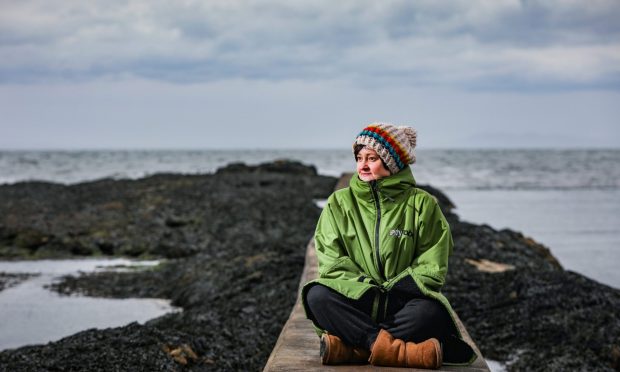
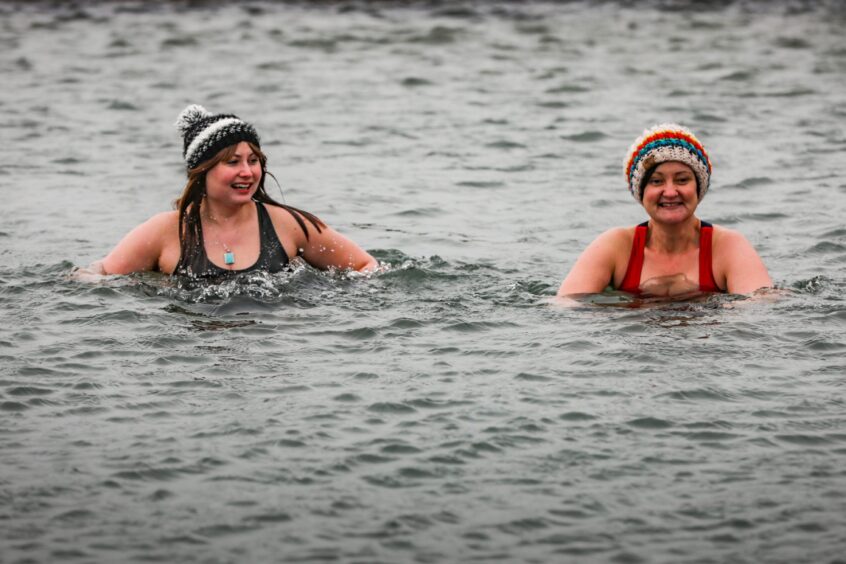
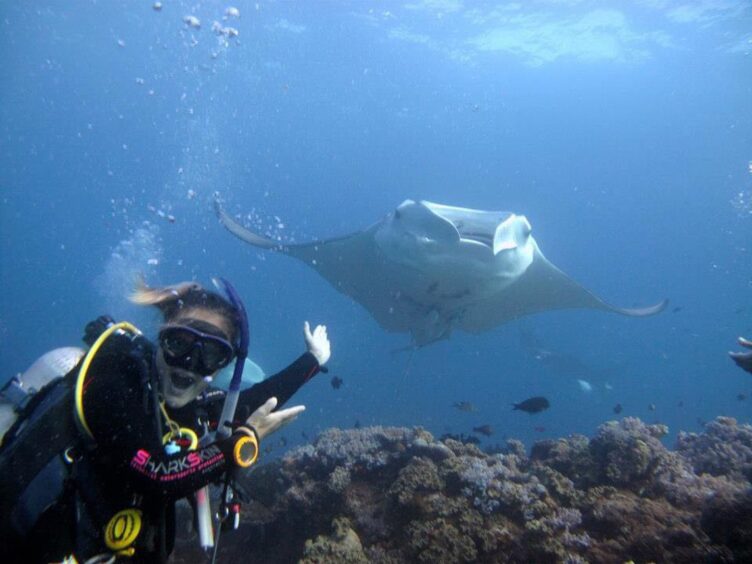
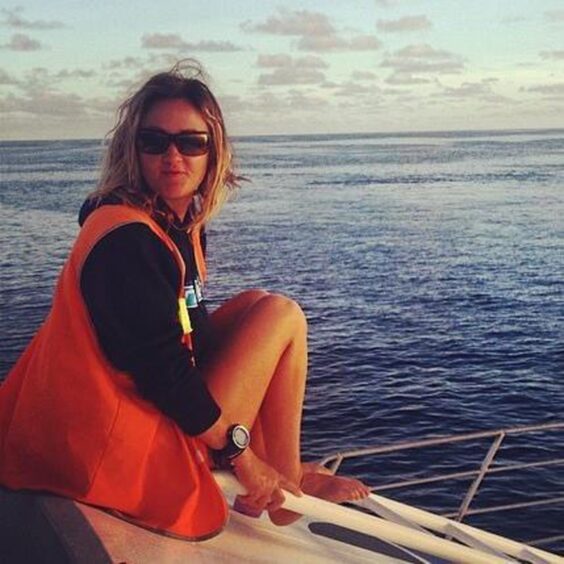
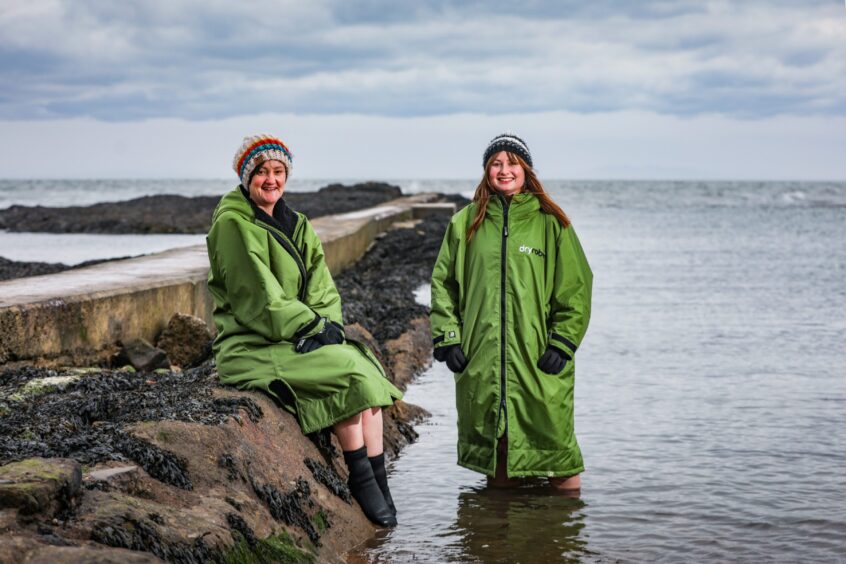
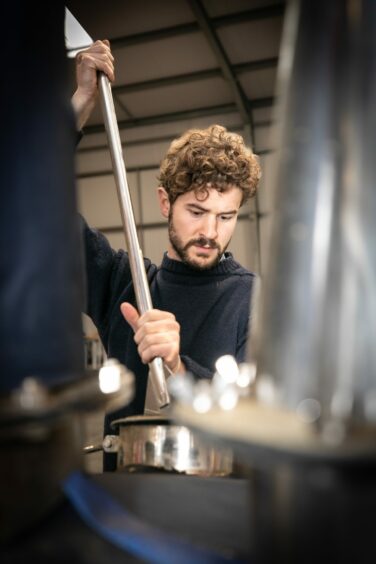
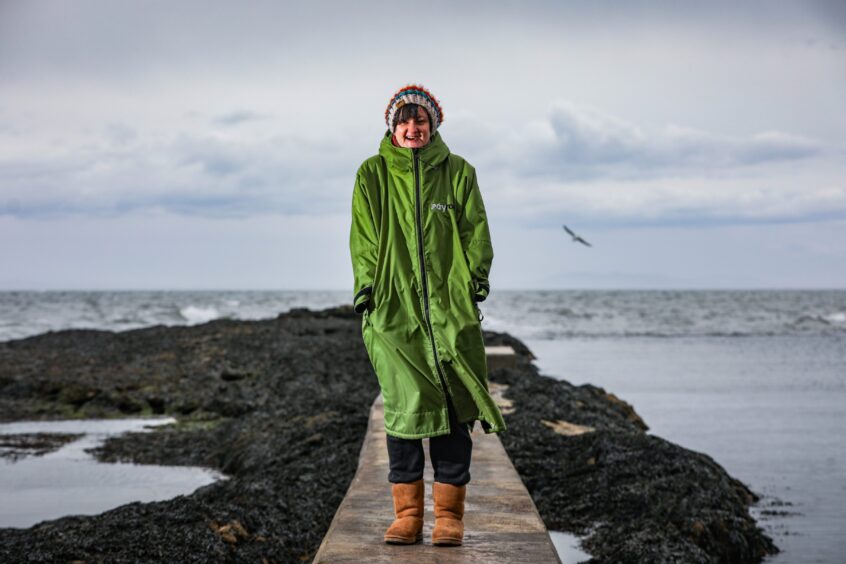
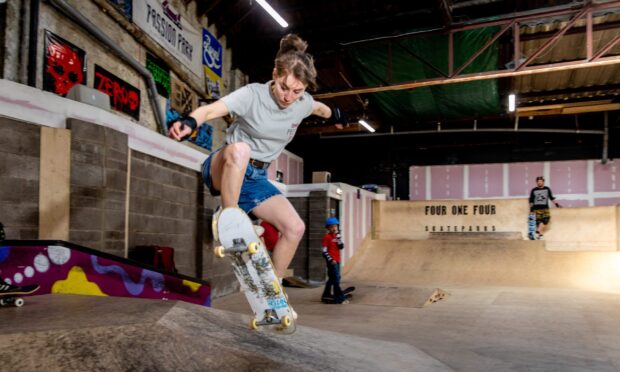
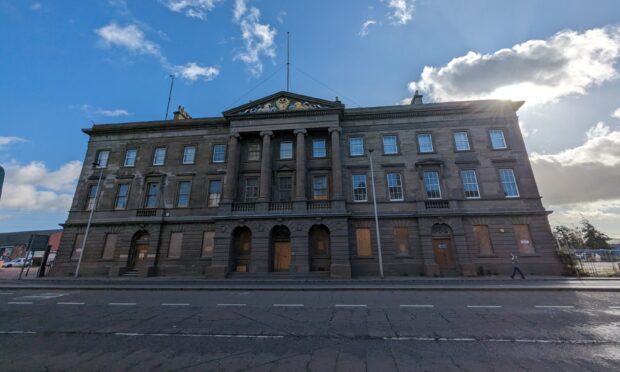
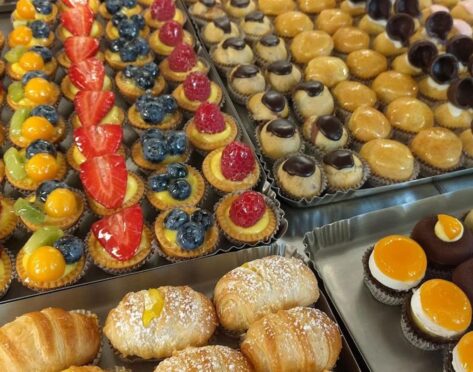

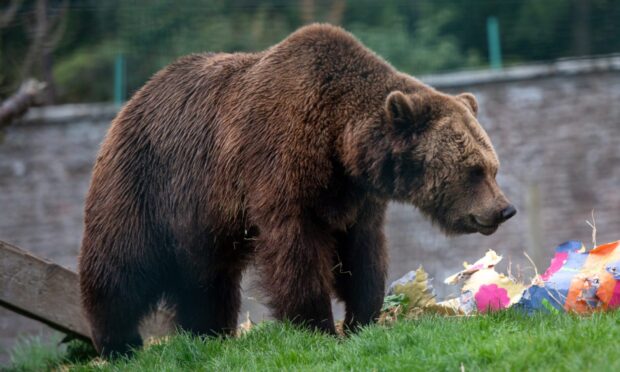
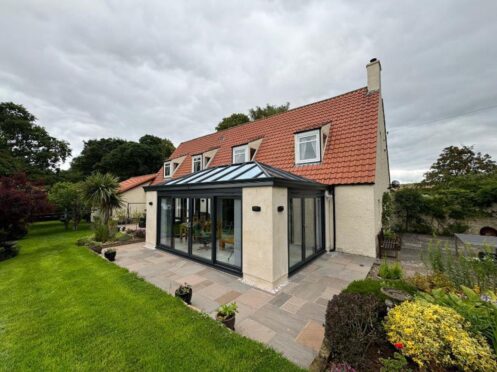
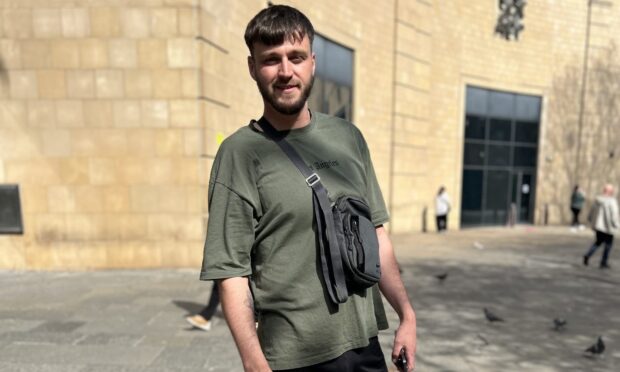
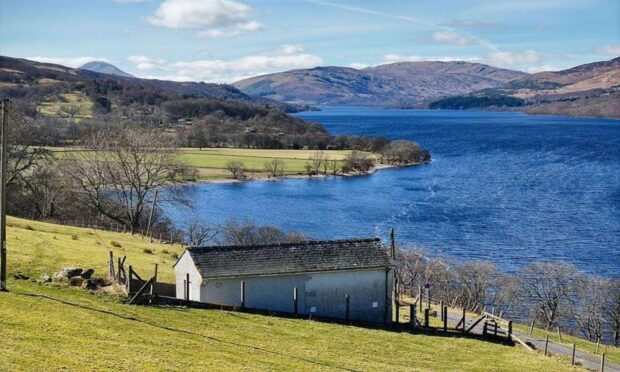
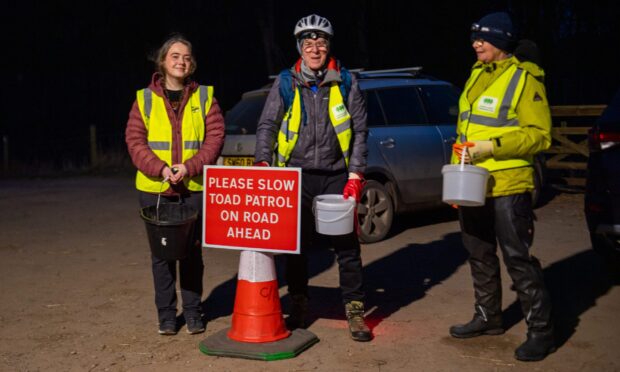
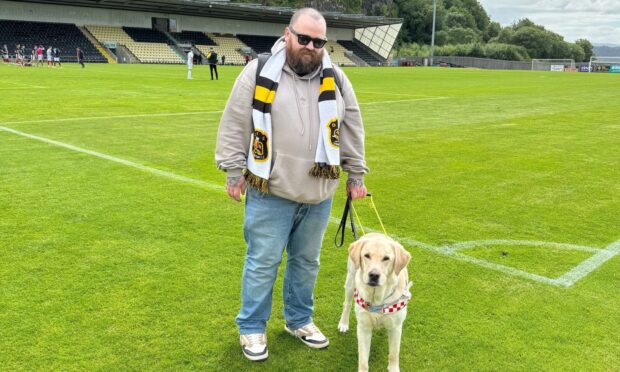
Conversation